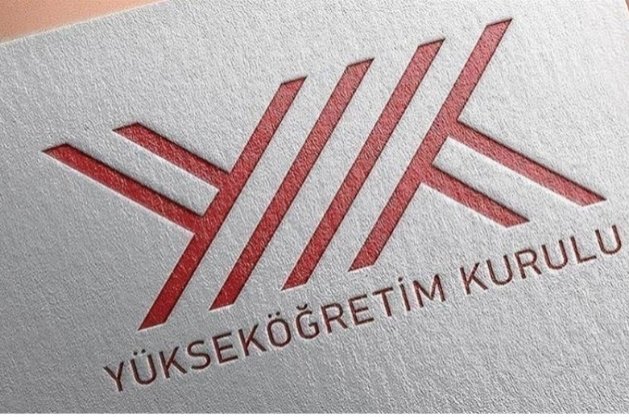
Türkiye’s Higher Education Board (YÖK) chairperson, Erol Özvar, has emphasized on the importance of considering inflation rates as a crucial factor for foundation universities when determining their fees.
During a news conference in Ankara, Özvar highlighted the expectation that foundation universities should consider the upward trend in rates observed in previous years. By acknowledging inflation’s impact on the cost of education, YÖK aims to promote fairness and sustainability in fee structures across these educational institutions.
"As complaints came in, we started sending auditors from the supervisory board to the university mentioned in the complaint. In this regard, we expect our foundation universities to increase their fees without upsetting our students, taking into account the situation in the country as well as families and parents. We are sending letters to universities, and we expect and ask them to increase tuition fees at rates that take previous years' fee hikes into account,” Özvar said.
Explaining that they expect foundation universities to pay attention to the Consumer Price Index (CPI) and wholesale price index rates, Özvar said they believe Türkiye’s foundation universities will continue to be sensitive.
Also sharing current data regarding higher education in the country, Özvar stated that the total number of students enrolled in higher education as of the 2022-2023 academic year is 6.95 million.
Pointing out that they allocated additional quotas for women above 34 without disturbing the general quota in higher education, Özvar said that around 168,000 women above 34 took university entrance exams this year.
"Although the number of women professors is low, this will change over time,” he assured.
"Two elderly women, aged 78 and 79, also took the university exam. Those who enter within the older quota will compete among themselves. We also launched a special quota for earthquake survivors,” he underlined.
The number of university academic staff has reached over 184,000, with women mostly working as research assistants, Özvar noted.
